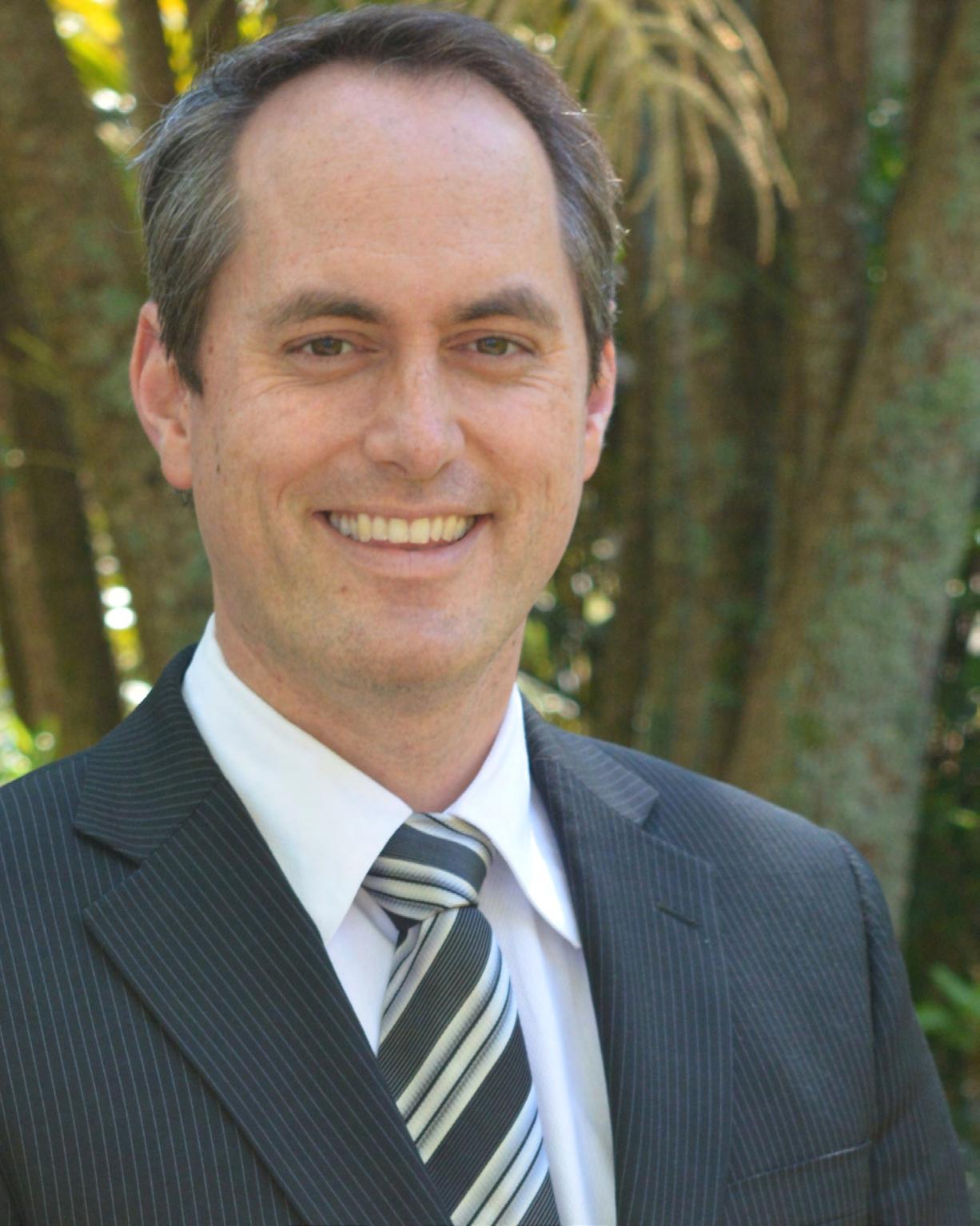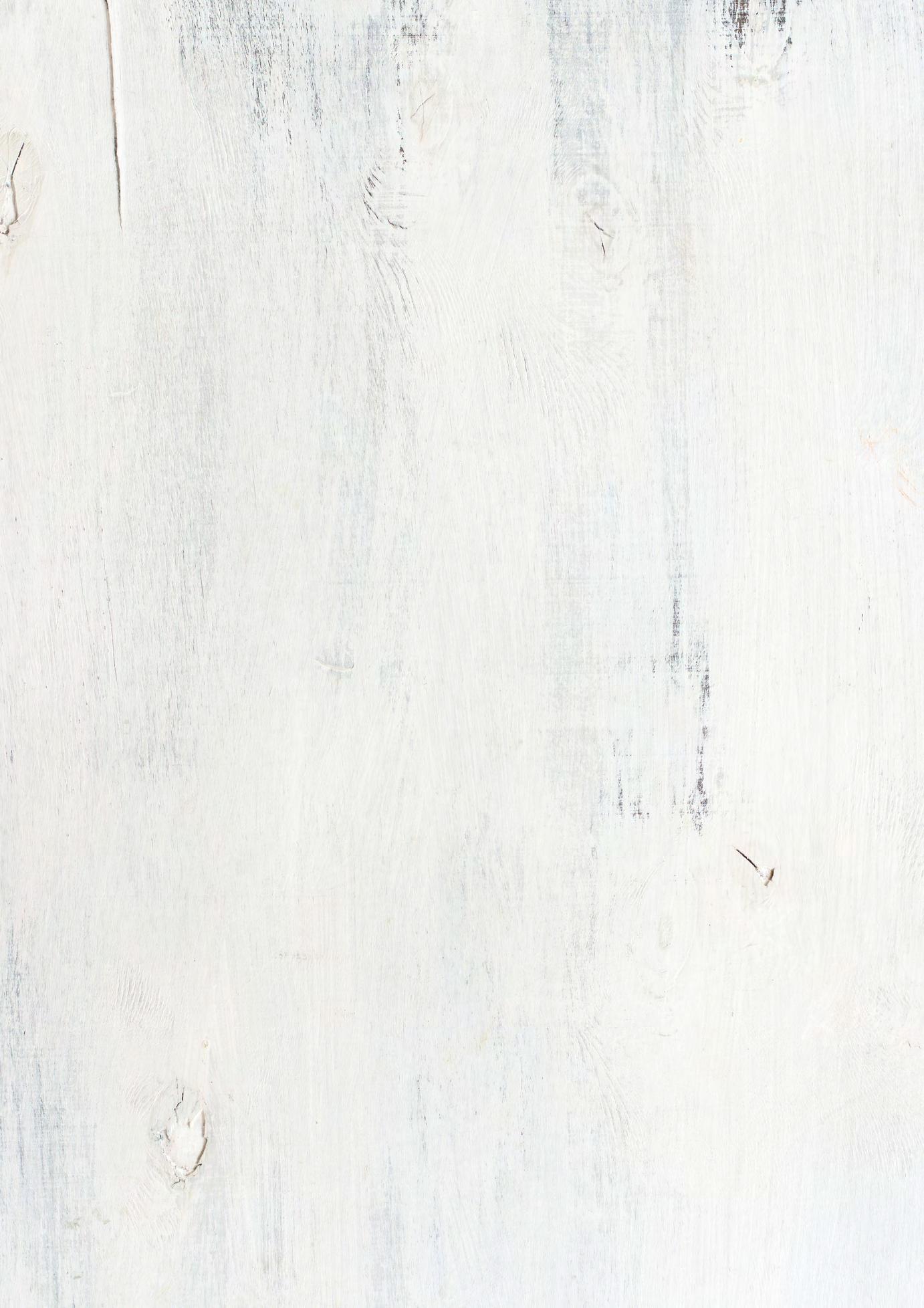
3 minute read
Building a better profession
As a member of the RACS Māori Advisory Committee, Dr John Mutu-Grigg is helping drive cultural progress
The process of shaping and fitting wood has made John Mutu-Grigg a better surgeon. The orthopaedic surgeon was attracted to carpentry and building long before he considered a career in medicine. However, the tides of life pulled Dr MutuGrigg in the direction of Orthopaedic Surgery, where he was surprised to find parallels with his original passion. “I get to go to work and I use hammers, saws and drills all day, and that it is exactly what I want to do,” he says. He spends his free time using his carpentry skills to repair and build items—from children’s cots to letterboxes—and believes that the precision necessary in carpentry has helped him hone his surgical skills. “There are many things that I’ve learned in the operating room and I’ve taken into the garage, but there are even more things that I’ve learned in the garage and taken into the operating room.” Dr Mutu-Grigg’s pathway into medicine began when he attended Auckland Medical School. After working across Aotearoa New Zealand, he spent a year at the renowned London Health Sciences Centre at the University of Western Ontario doing hip and knee arthroplasty, before working at Toronto Western Hospital doing hand and microsurgery. Dr Mutu-Grigg loved orthopaedics from the time he fixed a broken ankle as a first- year house surgeon, but he was never in any doubt about the monocultural nature of the profession. “I felt I had to deculturalise myself to be accepted, but after experiencing the same at high school I wasn’t surprised,” he says. “I’d found what I wanted to do but realised quickly, that being Māori wasn’t particularly helpful.” As a lone Māori student in his high school class, Dr Mutu-Grigg had debated with his teacher and other students about Māori cultural issues, informed by his mother who is a professor of Māori language and culture at the University of Auckland. Later, the same readiness to challenge those in power saw him form a group of orthopaedic surgeons who demanded equity for Māori within the New Zealand Orthopaedic Association. His activism resulted in the introduction of Ngā Rata Kōiwi, a group of Māori surgeons and Trainees, using a tuakanateina system (the relationship between older and younger siblings) in which experienced surgeons mentor their more junior counterparts. “In the group we want Trainees to have as much say on topics as consultants, and new Trainees can discuss any concerns they have without worrying if it will impact negatively on their future.” “There are many things I have learned in the operating room that I have taken into my garage, but I have learned many more things in my garage, that I have taken into the operating room.”
Advertisement
This and other initiatives aim to bring Kaupapa Māori, or the Māori way, into the heart of the profession. As a member of the RACS Māori Advisory Committee, Dr Mutu-Grigg is also helping drive cultural progress. The group has changed their terms of reference to promote equity within the profession and support the appropriate teaching of Cultural Competency—a crucial element of the RACS competency program. It also aims to introduce Māori concepts into the College policy, such as the new Koha or Māori gifting policy. Dr Mutu-Grigg believes the battle for cultural equity within the profession has benefited from the inroads into gender equality made by women in recent decades. “Isaac Newton said, ‘If I have seen further it is by standing on the shoulders of giants’, and that is certainly the case when it comes to our fight. The arguments are similar and many of the challenges are the same,” he says. “I can see my role as being to fight for those who cannot fight for themselves to make a better profession for everyone.” As a father of three girls, Dr Mutu-Grigg is pleased that they will not face the same challenges that he encountered at school or as a medical trainee. “The fight has progressed significantly and things are continuing to get better. It has so many benefits for individual surgeons and the entire community.”











